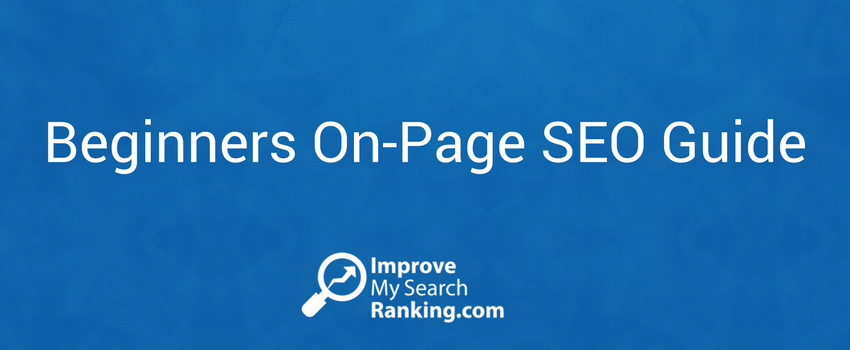
5 reasons why bounce rate increases (and what to do about it)
Bounce rate is an important indicator of how good your website content is and what type of user experience website visitors get on your site. A high bounce rate may reflect problems with your site and can have a negative impact on its ranking in the search engine results pages.
In this article, we explain what bounce rate is, highlight some of the big reasons why bounce rate increases, and share tips on how you can lower it.
Let’s start from the top.
What is bounce rate?
Before we go any further, it is important to understand what bounce rate is.
Bounce rate refers to website visitors who visit a web page on your site and then quit it without visiting any other web page. A 70 percent bounce rate means 70 percent of people do not visit any other web page on your website.
It is important to remember that bounce rate is different than exit rate and dwell time.
We know that a high bounce rate is bad for user experience and SEO. But you can’t fix a high bounce rate if you don’t know what’s causing it.
Here are a few big reasons why the bounce rate usually increases. You will also learn tips on how to improve the bounce rate.
1. Misleading titles
The title of a web page sets certain expectations. Online users want information, and they often click on a web page (in search of information) based on its title. If the title is misleading, and the content is different than what the title implied, users will most likely quit the site and jump on to another website.
Misleading titles also negatively affect a website’s dwell time.
2. Slow website loading speed
Online users do not like to wait. 40 percent of visitors will quit a website that takes more than 3 seconds to load. Moreover, if a website is too slow, users are unlikely to browse around and click on other web pages.
This has a negative impact on the bounce rate as well as search engine rankings.
You can check your website’s loading speed with the help of free tools, such as Pingdom and Google PageSpeed Insights. If you want to learn more about website speed optimisation, check out this free guide.
3. Poor website design
Poor website design is often one of the biggest reasons why a website has a high bounce rate.
- First, if a website has overall poor design, users would likely prefer another website that is more aesthetically pleasing.
- Second, the navigation structure of the website plays a crucial role. If the navigation system is not clearly visible or doesn’t function as it should, visitors won’t be able to navigate to other pages — which would lead to a high bounce rate.
- Lastly, if the design does not encourage users to check out other pages on the site, the site will likely experience a high bounce rate.
4. Technical errors
Technical errors could also be a reason why a certain web page has a high bounce rate.
For instance, if visitors encounter a 404 error, they will likely quit almost instantly, leading to a high bounce rate. If users are consistently leaving a web page within just a few seconds, you should check their devices and browsers in Google Analytics and try to replicate their experience and find the error.
5. A poor experience on mobile devices
More than 50 percent of traffic usually comes from mobile devices now. If your website isn’t mobile-friendly, it will likely have a very high bounce rate.
Apart from responsiveness, you also need to be mindful of the user experience on mobile devices. Most of the time, because of smaller real estate, important stuff gets pushed down the fold. It means that users need to spend more time to find the information they’re looking for. This can frustrate some visitors, who may quit, pushing the bounce rate up.
Mobile versions of websites usually have a tough time accommodating hefty menus. This is another reason why your website may have a high bounce rate on mobile devices.
Check if your website is mobile-friendly and how it appears on different mobile screens if you have a high bounce rate.
Conclusion
While most SEO professionals focus on keywords and backlinks, engagement metrics such as bounce rate also play an important role and shouldn’t be neglected.
Use the tips mentioned in this article to improve the bounce rate of your website, which will likely have a positive effect on your site’s search engine rankings.









The article is very interesting and effective, really explains everything in detail.Thanks you and good luck.